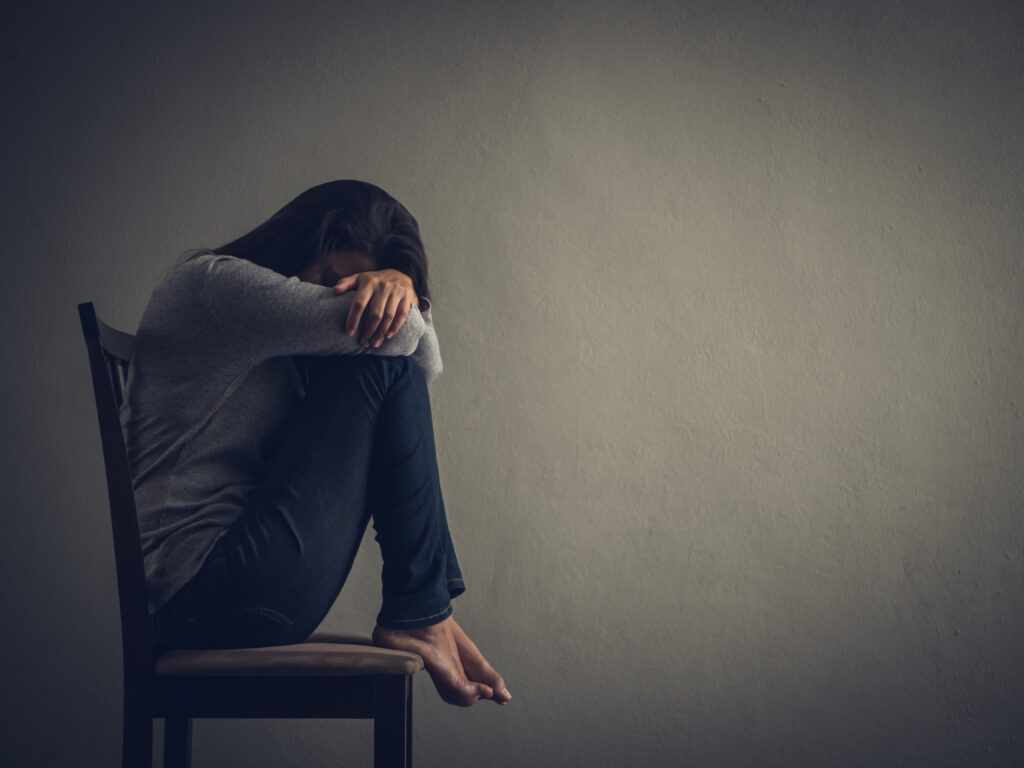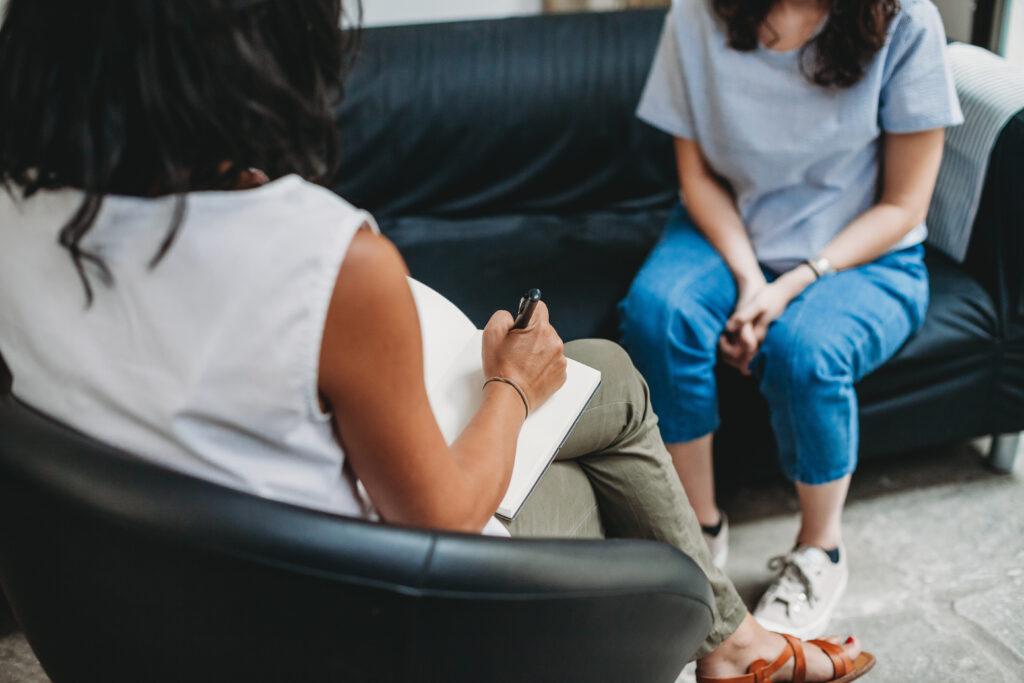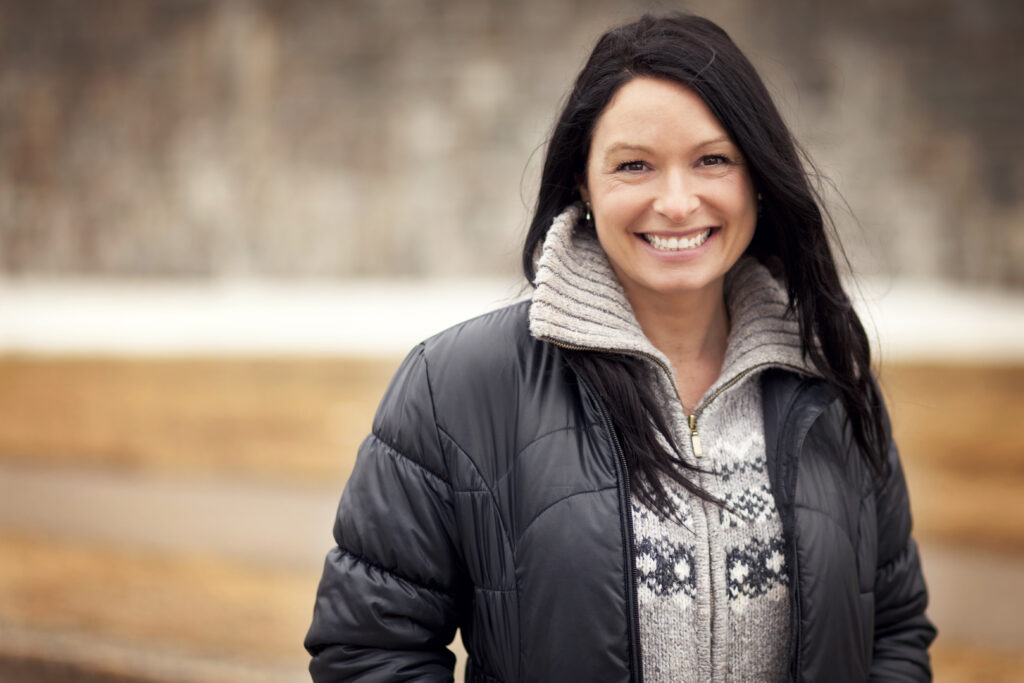Dilkon Women’s Treatment Center will open in Dilkon, AZ, located on the Navajo Nation, at the end of the year. We spoke to Jessica Tequida, the Center Director, who recently celebrated 5 years of sobriety herself, on the center’s mission and the community factors driving its creation.
Hi Jessica, thanks for speaking to us. I know you’ve been instrumental in this new shelter. When did it start?
We’ve been working on this for about 13 months. We’re in the infant stages of getting it up and running; we’re taking donations and organizing everything.
Originally it was a group home for children that shut down during COVID. It never reopened, so we opened it as the Women’s Treatment Center.
Is the Women’s Treatment Center a shelter for survivors of domestic violence or is it a substance abuse treatment facility?
It’s for women struggling with substance abuse and mental health issues who need help getting back on their feet. Our goal is to establish a baseline of treatment and counseling and provide a secure, safe, and healing environment for women in need. We want to empower them and help them gain control over their lives, build self-esteem and confidence and a healthy lifestyle.
Do you provide ceremonial or traditional Navajo services?
We don’t do ceremonial services at the center, but we want to work with the Navajo Nation Department of Behavioral Health Services. They provide ceremonial services. The Treatment Center is founded on faith-based principals and services.
Can you talk about why the shelter was started?
There’s been a rise in addiction among women, as well as domestic violence issues and sexual abuse issues on the reservation in our community. We come across a lot of women in need of these services and a lot of them are on waiting lists to go to facilities off the reservation. We wanted to create a place where they can get these services on the reservation.
What do you think is causing the rise in those issues?
Historical trauma. Limited resources to educate women. They don’t always have family support or the infrastructure. A lot of it has to do with mental health as well. Another issue is Fetal Alcohol Effect (FAE) among our children that goes undetected.
Have you seen any changes with adolescents or younger women?
Yes. A lot of younger women are dealing with alcohol and substance abuse. Fentanyl is becoming a big issue on the reservation. We’re trying to target that with education and do research on how it’s coming to our community.
We want to be proactive and not just treat the immediate issue – we want to find the source of it. Why is there this high rise in women? Is it the abusive relationships, is it a lack of role models and supportive families? We want to find the root cause so we can help.

What are the biggest challenges you’re facing?
We’re in a rural area so we have limited access to healthcare facilities and the resources we need. A big challenge is social isolation. There’s not a lot of things we can do for entertainment. Not a lot of resources.
Did you follow the story of the fraudulent sobriety homes that targeted Native people?
Yes, I had some family members who were picked up like that. That’s why I think we need more of these facilities and shelters on the reservation, where our home is at. We just need more access to these facilities.
I’ve heard from other Native leaders that addiction treatment facilities often disrespect their Native patients’ traditions and values. And so the treatment doesn’t work because the foundation of respect and understanding isn’t there. Have you run into that?
Yes, there’s a lot of cultural differences and they’re not aware or educated on Navajo culture. Cultural competency is what they need to be educated on because whatever we believe is what’s going to help us.
How can providers get better educated and gain that understanding?
Community engagement; building trust and relationships with people in our community. Having an open mind and respecting our culture. It’s sacred.

How are you getting the message out so people know about the shelter?
We’re working with Dilkon Medical Center and Behavioral Health and letting them know what our services are so they can send women in need to us.
Do you take women with children as well?
Yes, as the need arises.
How long can they stay at the center?
They can stay with us while they’re waiting to get placed in another program or facility. That could be 3 months, 6 months, or longer if need be.
I know you’re accepting donations. What can people contribute?
You have to remember that some women in crisis leave their situation with the clothes on their back. We’ll accept towels, linen, shoes, clothing, toothbrushes, or feminine hygiene products, gift cards.
When does the Women’s Treatment Center open?
Our last inspection is in September; we should be up and running by January 2025. We are scheduling an open house in October and would like to invite Tribal Health.
Thanks, Jessica! We can’t wait to follow up with you when the shelter launches!


